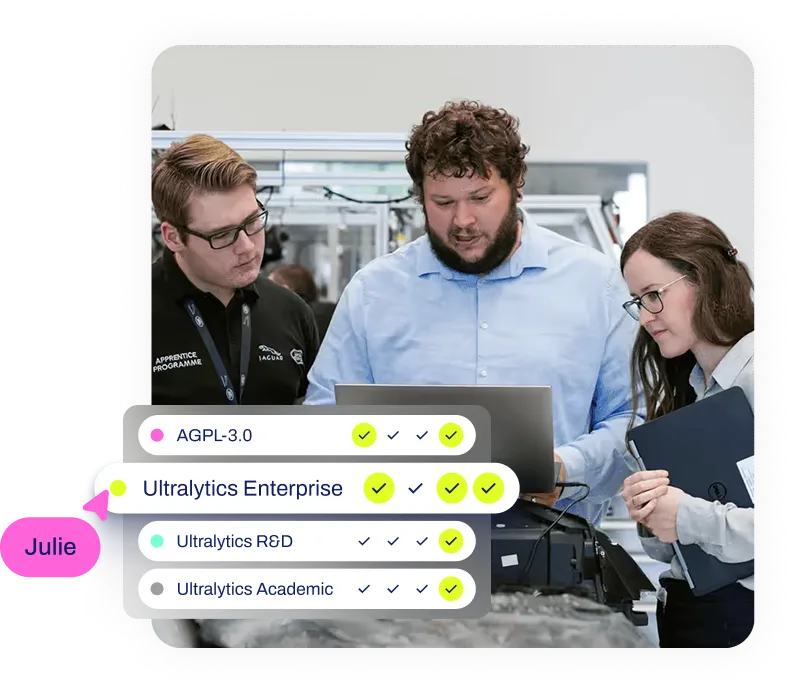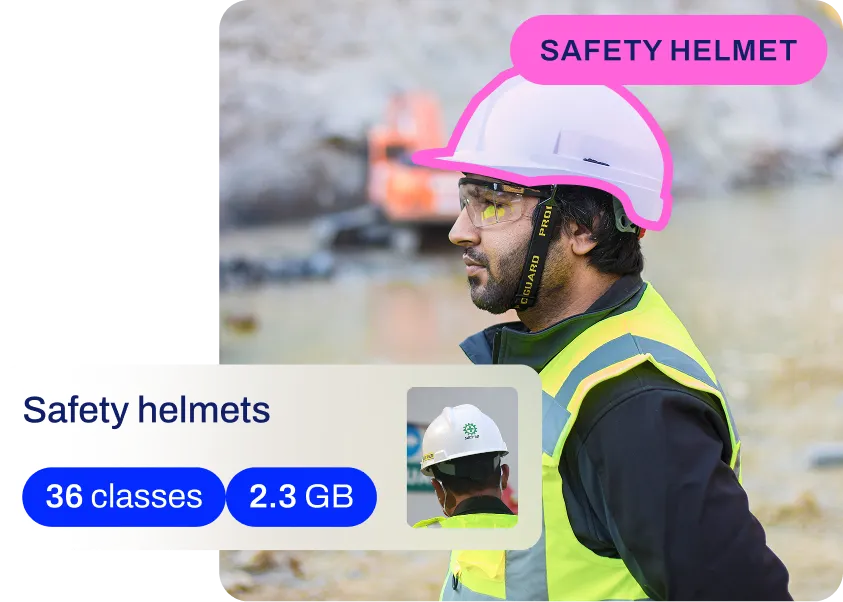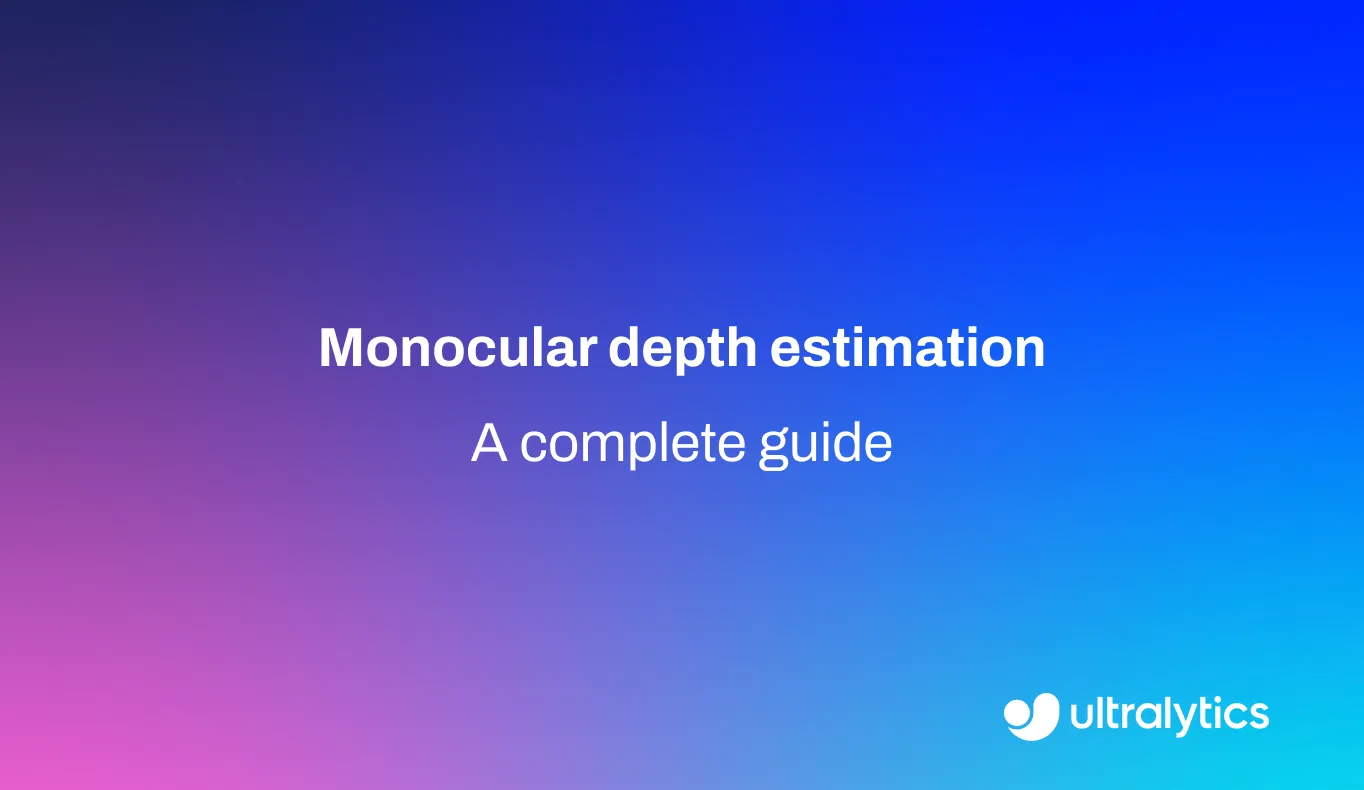Singularity
Explore the concept of the Singularity in AI. Learn about intelligence explosions, recursive self-improvement, and how Ultralytics YOLO26 relates to AGI research.
The Singularity, often referred to as the Technological Singularity, is a hypothetical future point in time at which
technological growth becomes uncontrollable and irreversible, resulting in unfathomable changes to human civilization.
In the context of artificial intelligence (AI), this concept is most closely associated with the moment when machine
intelligence surpasses human intelligence, leading to an explosion of rapid self-improvement cycles. As AI systems
become capable of designing even better AI systems without human intervention, the resulting intelligence would far
exceed human cognitive capacity. This theoretical horizon challenges researchers to consider the long-term trajectory
of
Artificial General Intelligence (AGI)
and the safeguards necessary to align superintelligent systems with human values.
Key Concepts and Mechanisms
The driving force behind the Singularity hypothesis is the concept of recursive self-improvement. While current
machine learning (ML) models require human
engineers to optimize their architectures and training data, a post-Singularity system would theoretically handle
these tasks autonomously. This leads to several core mechanisms:
-
Intelligence Explosion: Mathematician I.J. Good described this as a process where an
ultra-intelligent machine designs even better machines, leaving human intelligence far behind. This exponential
growth mirrors Moore's Law but applied to cognitive capability rather than just raw
compute power.
-
Recursive Self-Improvement: An AI system that understands its own source code could rewrite it to
be more efficient, leading to a smarter version that can rewrite the code even better, creating a feedback loop of
enhancement.
-
Superintelligence: This refers to an intellect that is much smarter than the best human brains in
practically every field, including scientific creativity, general wisdom, and social skills. It is distinct from
Artificial Narrow Intelligence (ANI), which excels only at specific tasks like chess or image recognition.
Relevance in Modern AI Development
While the Singularity remains a futuristic concept, it heavily influences contemporary AI research, particularly in
the fields of AI Safety and alignment. Researchers at
organizations like the Machine Intelligence Research Institute (MIRI) work on
foundational mathematical theories to ensure highly capable systems remain beneficial. The pursuit of increasingly
general models, such as
Large Language Models (LLMs) and
multi-modal systems like Ultralytics YOLO26, represents
incremental steps toward broader capabilities, even if they are not yet AGI.
Understanding the Singularity helps frame discussions around
AI Ethics, ensuring that as we delegate more authority to
autonomous agents—from autonomous vehicles to
medical diagnostic tools—we maintain control and interpretability.
Real-World Analogies and Precursors
Although a true Singularity has not occurred, we can observe "micro-singularities" or precursor technologies
where AI begins to automate its own development:
-
AutoML and Neural Architecture Search (NAS): In modern workflows, AI is already being used to
design other AI.
Automated Machine Learning (AutoML)
tools and
Neural Architecture Search allow
algorithms to select the best model architectures and hyperparameters, a task previously reserved for human experts.
This is a limited form of recursive improvement.
-
Code Generation Agents: Advanced coding assistants and agents can now write, debug, and execute
code. If an AI agent were tasked with improving its own codebase and given the agency to execute those changes, it
would represent a rudimentary step toward the self-improvement loop described in Singularity theories.
Differentiating Singularity from AGI
It is important to distinguish the Singularity from
Artificial General Intelligence (AGI).
-
AGI refers to the capability of a machine to perform any intellectual task that a human
can do.
-
The Singularity refers to the event or point in time triggered by AGI achieving the
ability to rapidly improve itself.A system could theoretically achieve AGI (human-level intelligence) without
necessarily triggering a Singularity (infinite intelligence explosion) if its self-improvement capabilities are
limited or constrained by hardware or safety protocols.
Implications for AI Deployment
For developers using tools like the Ultralytics Platform, the concepts
behind the Singularity highlight the importance of model monitoring and reliable behavior. As models become more
complex, ensuring they do not exhibit unintended behaviors becomes critical.
While we are not at the point of self-improving superintelligence, we can simulate the concept of an AI system
refining its own performance using iterative training loops. The following example demonstrates a simple loop where a
model's predictions could theoretically be used to refine a dataset for a future training round (Active Learning), a
fundamental step toward autonomous improvement.
from ultralytics import YOLO
# Load a pre-trained YOLO26 model
model = YOLO("yolo26n.pt")
# Simulate a self-improvement cycle:
# 1. Predict on new data
# 2. High-confidence predictions could become 'pseudo-labels' for retraining
results = model.predict("https://ultralytics.com/images/bus.jpg")
for result in results:
# Filter for high confidence detections to ensure quality
high_conf_boxes = [box for box in result.boxes if box.conf > 0.9]
print(f"Found {len(high_conf_boxes)} high-confidence labels for potential self-training.")
# In a real recursive loop, these labels would be added to the training set
# and the model would be retrained to improve itself.
Further Reading and Resources
To explore the philosophical and technical underpinnings of the Singularity, one can look to the works of Ray
Kurzweil, a Director of Engineering at Google, who popularized the term in his book The Singularity Is Near.
Additionally, the Future of Life Institute provides extensive resources on the
existential risks and benefits associated with advanced AI. From a technical perspective, keeping up with advancements
in Deep Reinforcement Learning and
Transformer architectures is essential, as these are
the current building blocks paving the way toward more general intelligence.










.webp)